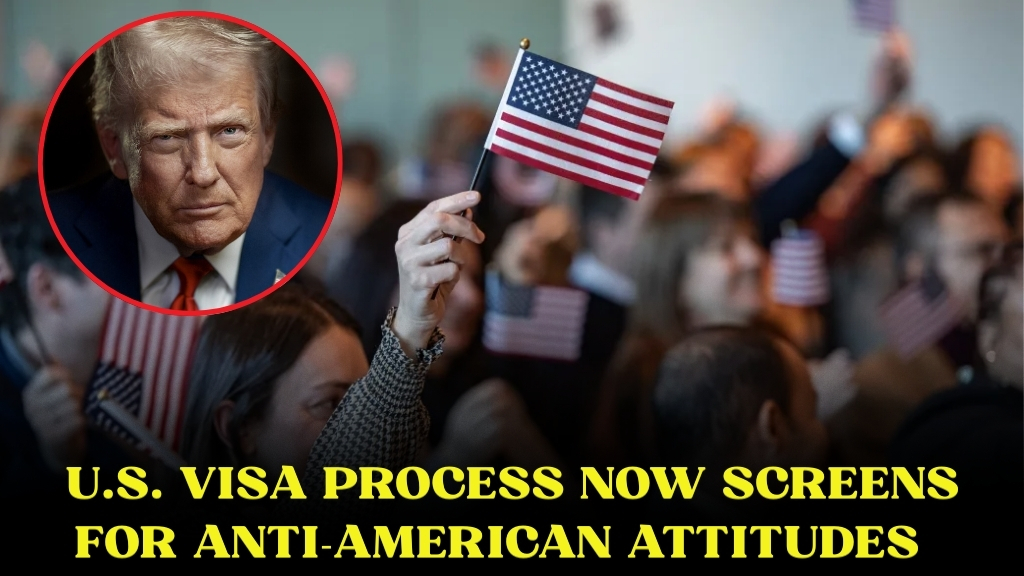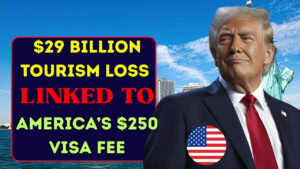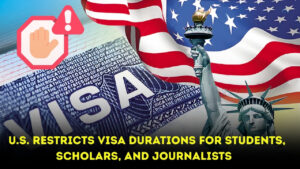Security Justification versus Free Speech Reality
Supporters say the move is an obvious extension of security precautions. If a person expresses open contempt for foundational American rights—free speech, equality, the rule of law—the reasoning is that their entrance can still be reconsidered. However, civil rights watchers note that the wall between sincere security keeps and simple speech is beginning to chip and wobble. “Where opinions go, borders must not follow,” a lobbyist framed the warning.
Civil Society Sees an Ideological Scorecard
Civil rights defenders are stopping at the gate too. They describe the visa twist as an “ideological checkpoint.” Someone criticizing a drone strike, they say, is now under the same cloud as a stated terrorist. “We are testing opinions, not actions,” a prominent legal counsel asserted, “which is the definition of a chilling climate.” This a merit that travelers and society alike should worry about, not just the person at the kiosk.
Silent Strains on America’s Global Ties
Legal advisors in regional studies and diplomacy programs worry that the ripple can travel wider—affecting student programs, tech meeting, and youth involvement on everything from democracy to climate. Colleges waste panic letters. Career-minded young scholars delay visa-form clicks. America has a long list of friends in the world, and in those capitals the chat is that the red pin used to label “No, thank you” may be a digital, ideological color, and rewrite the list.
Nations whose people get stopped more often might see the rule as flat-out unfair. Experts warn the checks could push away international students, talented workers, and sightseers—folks who help fill U.S. classrooms, labs, and hotel rooms and share their cultures in turn.
A Tradition of Ideology Checks
America’s never used belief in fairness only when deciding who can stay. Back in the Cold War, anyone the embassy thought might be soft on communism often never saw the welcome mat. Researchers say the current practice feels the same, only today the interconnected planet means critics notice the pattern way faster.
So far, officials say the program’s still a “test run.” How tough the consular officers get, and what the folks in Washington decide really counts as “anti-American,”‘ will shape a lot. Meanwhile, lawyers who counsel migrants tell applicants to expect trickier interviews and to watch every viewpoint, spoken or whispered, as if it were a spotlight on stage.



